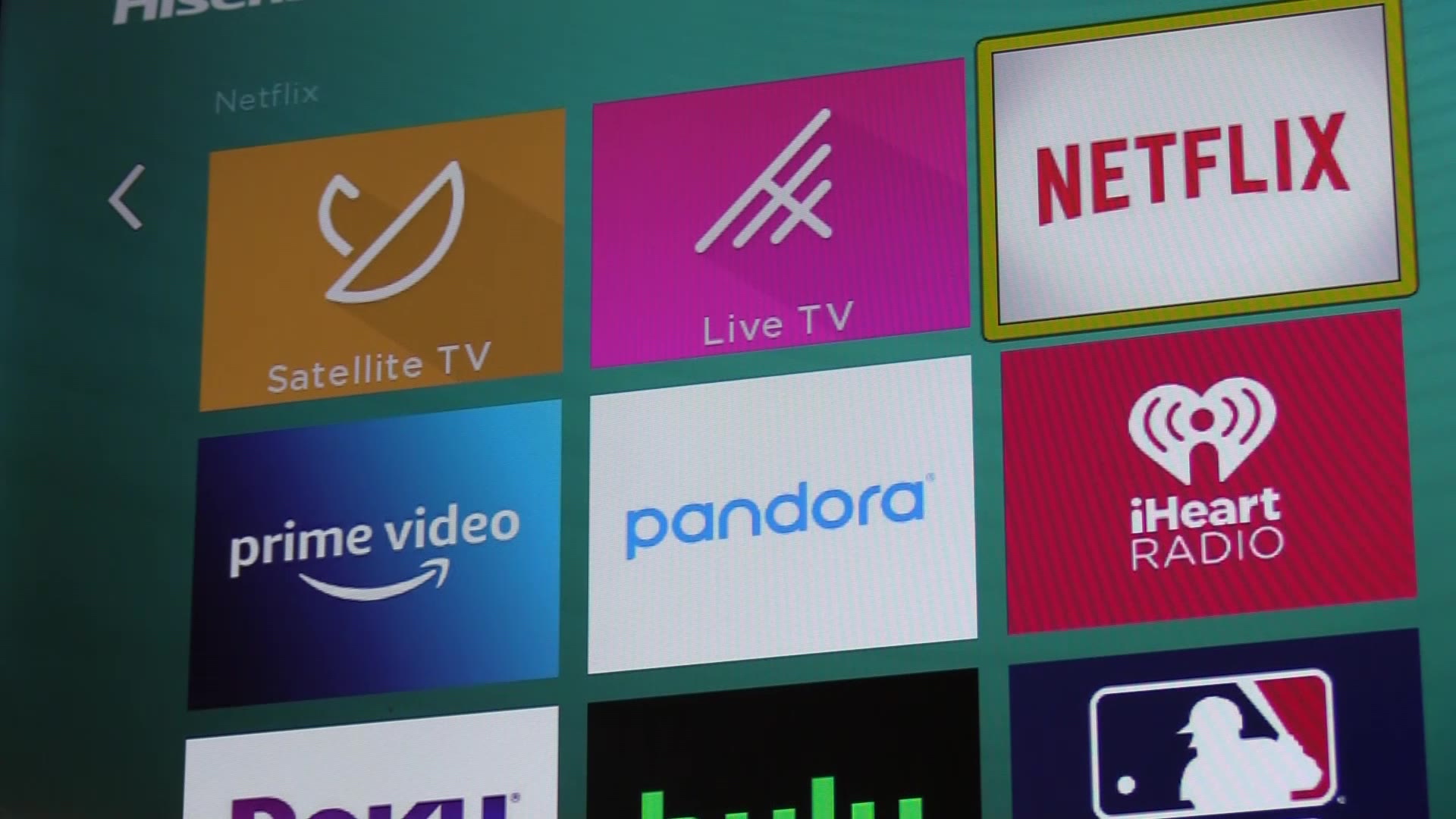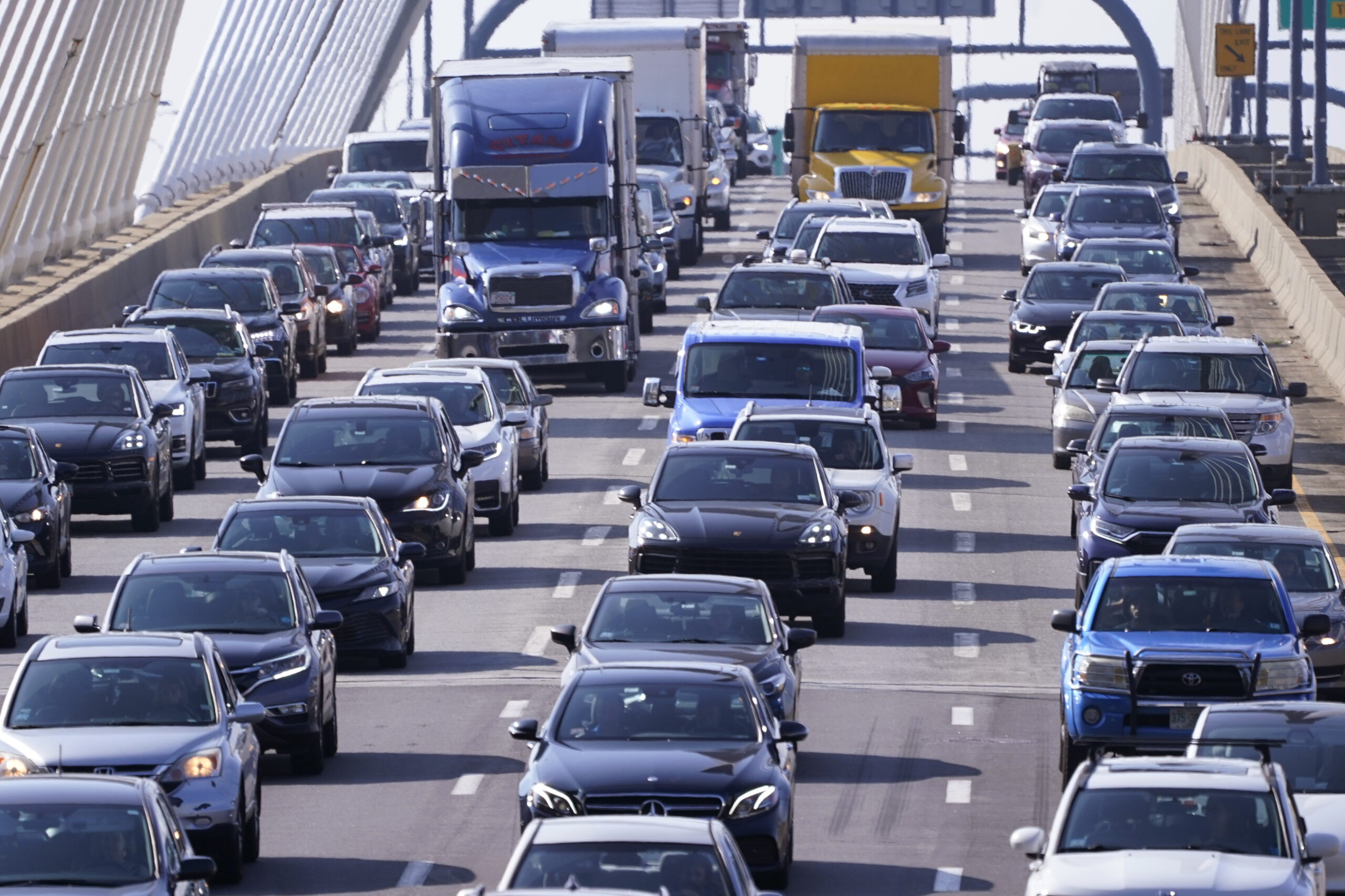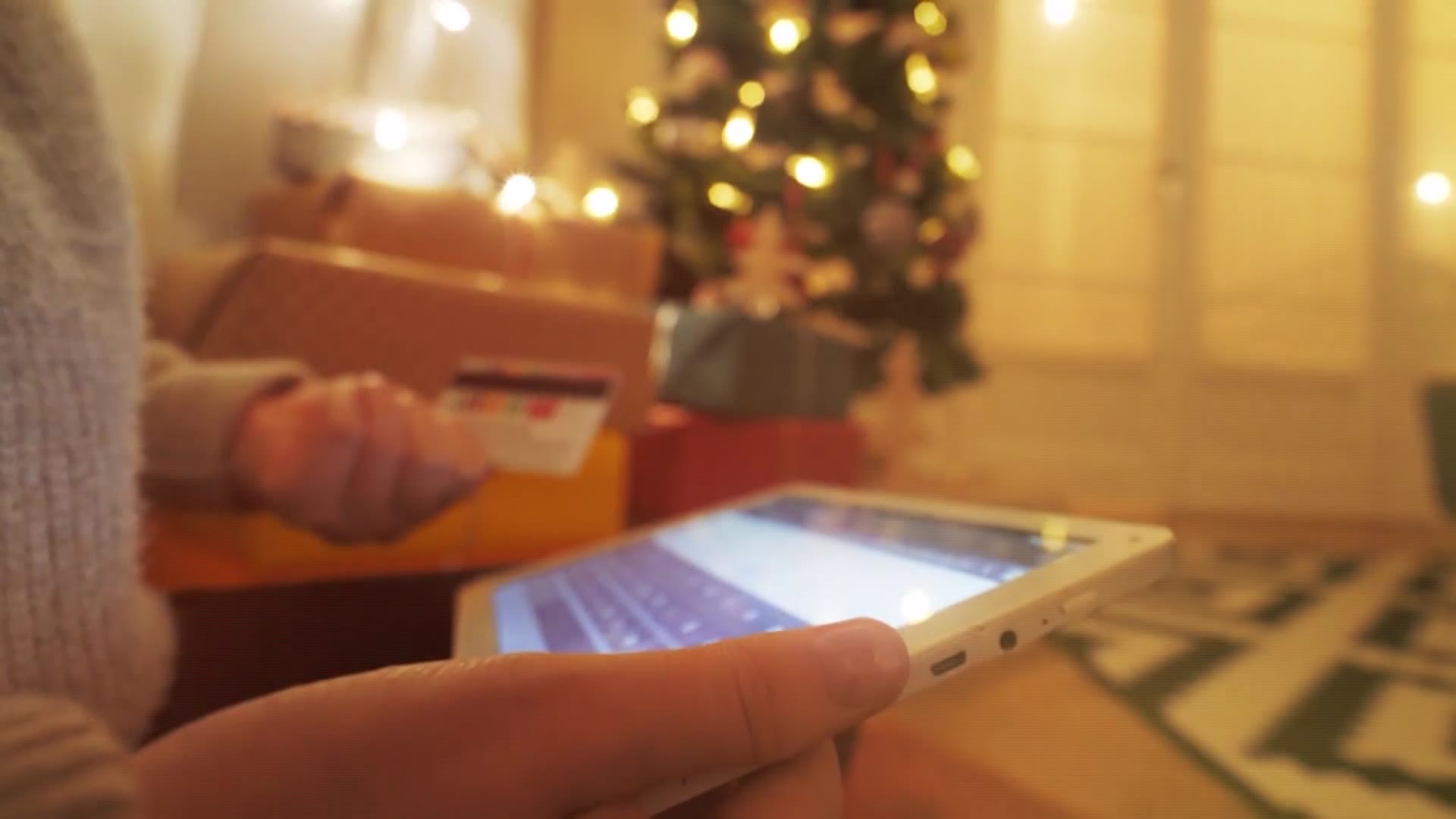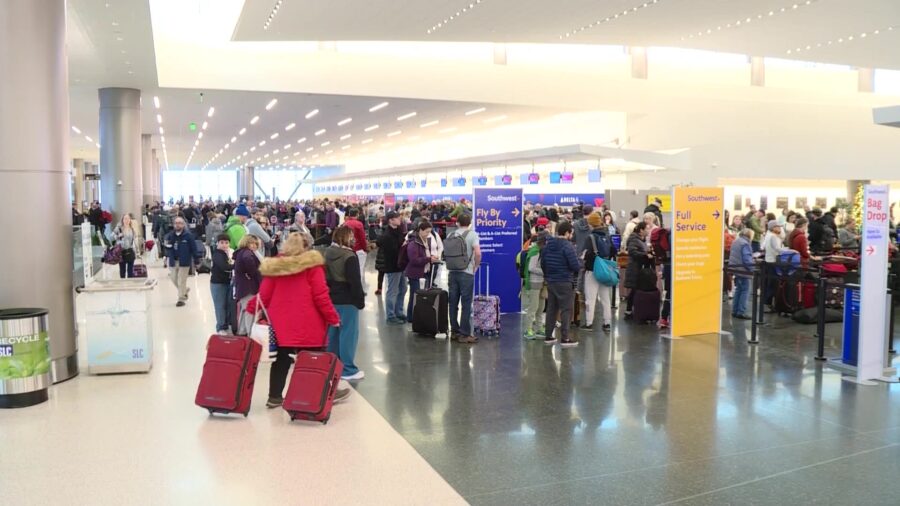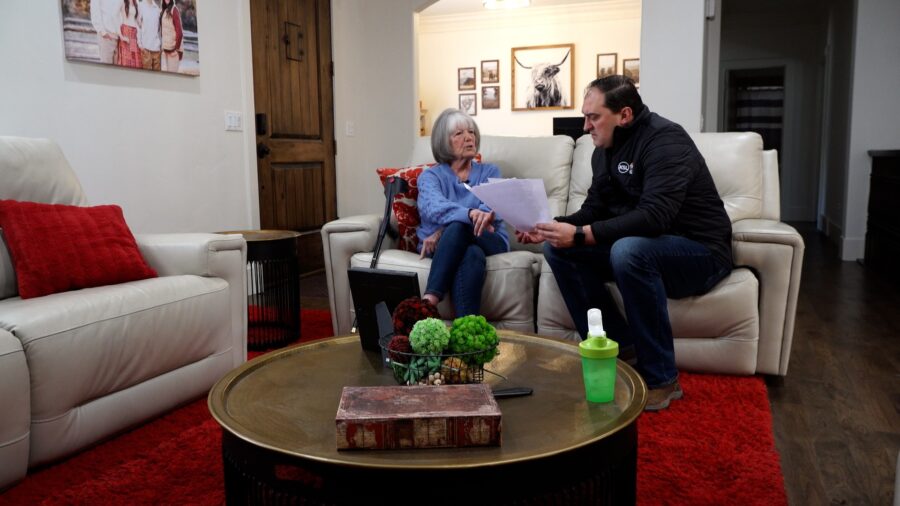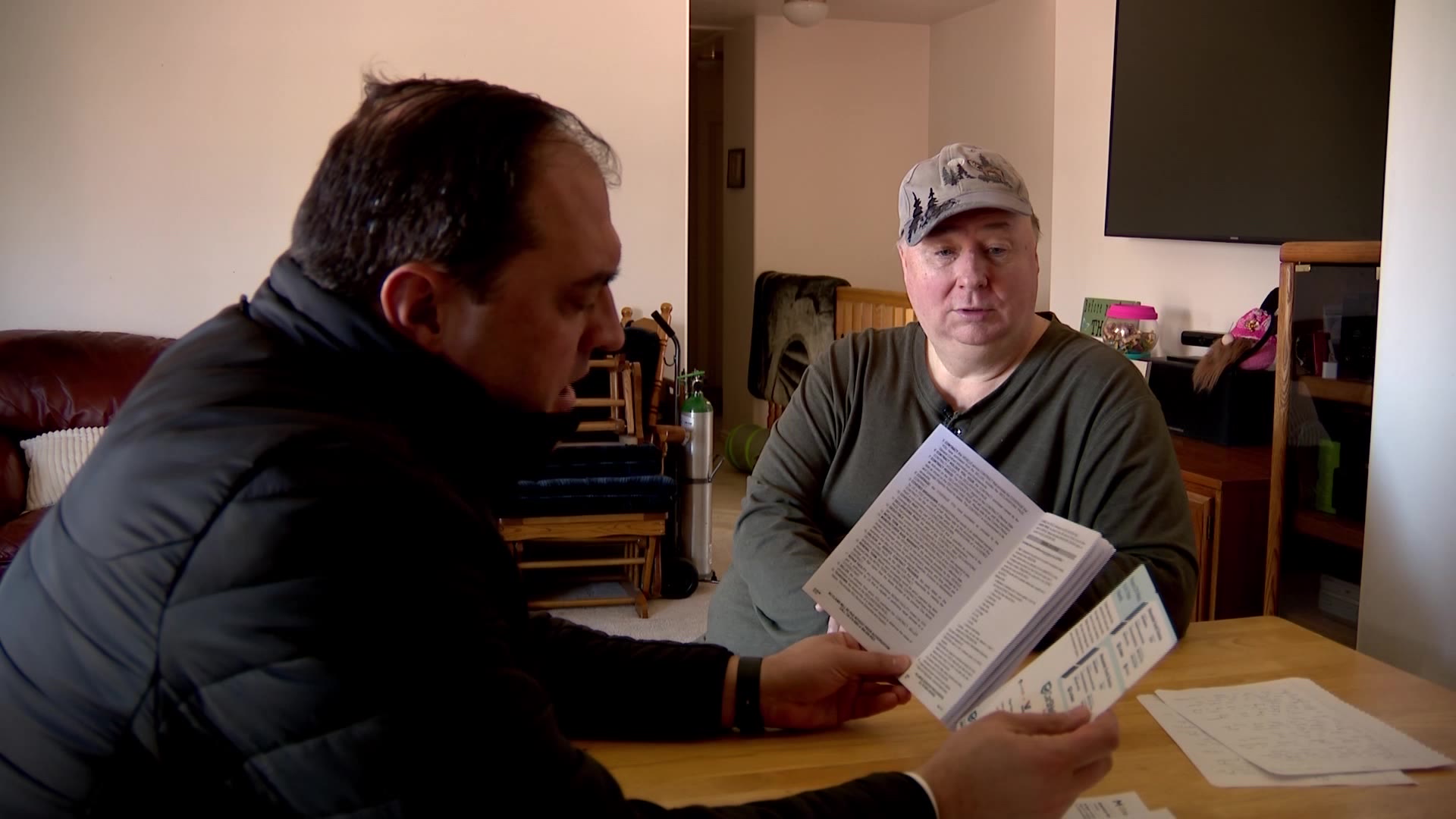Gephardt: Non-Urgent Medical Procedures Ordered To Halt In Utah
Mar 24, 2020, 7:38 PM | Updated: 7:42 pm
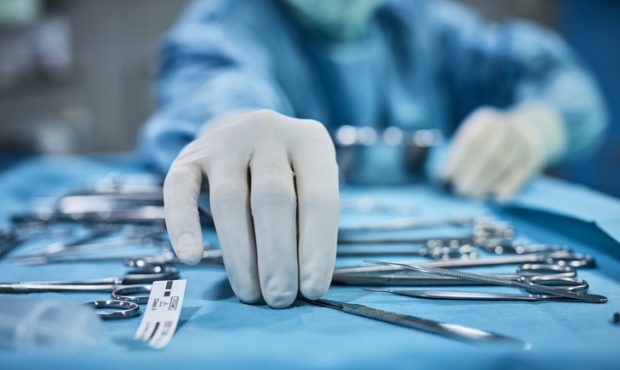
FILE PHOTO
SALT LAKE CITY, Utah — Officials with the Utah Department of Health have issued an order putting a halt to all non-urgent, elective surgeries in the state.
The order came from Dr. Joseph Miner, UDOH executive director, and applies to medical, dental and veterinary procedures beginning Wednesday. It lasts until April 25.
Tuesday’s major announcement, which came on the heels of a KSL TV investigation into some hospitals continuing non-urgent operations, had some doctors celebrating.
Surgeons Dr. Ray Price and Dr. Stephen Fenton lamented that while some hospitals were following recommendations to halt the non-urgent surgeries, other hospitals continued to operate.
Doing so forced doctors, nurses, patients and other medical staff into confined operating rooms where social distancing is impossible and, more importantly, used up medical supplies which were already in short supply.
A press release sent out Tuesday said the decision was made “in order to preserve masks, gloves and other protective equipment for medical professionals assisting in the fight against COVID-19.”
Miner called postponing non-essential procedures a “crucial step.”
Governor Gary Herbert applauded those in the medical community who had already made the decision to halt non-urgent elective surgeries before the order.
During a press conference Tuesday afternoon, state epidemiologist Angela Dunn was asked her feelings on the fact that it required an order to get some medical professionals to fall in line.
“Of course we always want to first have these kinds of recommendations be voluntary,” she said. “It is a good thing that we have these orders in place and I’m sure all of our health care systems and hospitals will follow suit.”
Price hailed Tuesday’s announcement as a win for doctors on the front lines battling COVID-19.
According to guidance by the federal Centers for Medicare and Medicaid Services, examples of elective procedures include colonoscopies, cataracts, endoscopies and other procedures that can be delayed without endangering patients.
Those guidelines still offered a lot of wiggle room for hospitals and doctors to determine whether or not a procedure is urgent. For example, a knee replacement may or may not be urgent if a delay could cause further irreparable damage to the patient.
Hebert said he appreciated the patience of Utahns who were planning procedures that will now be delayed.
“Although the term ‘elective’ indicates something that is non-essential, I realize this will still be an inconvenience, and for that I am sorry,” he said. “As we look at the experiences of other states and regions of the world, it’s clear that those who are proactive in securing a supply of PPE are far better equipped when they see a surge of COVID-19 patients being admitted to hospitals.”
Businesses, whether in healthcare, construction, or other industries, can donate unused PPE through the state’s coronavirus website.
Coronavirus Resources
- Have you or a family member been affected by coronavirus issues in Utah? KSL TV wants to hear from you. Contact KSL by emailing social@ksl.com.
- What is COVID-19? Here’s What You Need To Know To Stay Healthy
- What We Know And Don’t Know About The Coronavirus
- Four Common Coronavirus Questions Answered
- The latest coronavirus stories from KSL TV can be found at our Staying Safe: Coronavirus section.
- Your Life Your Health: How can parents prepare their home, children against coronavirus?
How Do I Prevent It?
The CDC has some simple recommendations, most of which are the same for preventing other respiratory illnesses or the flu:
- Avoid close contact with people who may be sick
- Avoid touching your face
- Stay home when you are sick
- Cover your cough or sneeze with a tissue and then throw the tissue in the trash
- Wash your hands often with soap and water for at least 20 seconds, especially after going to the bathroom, before eating, and after blowing your nose, coughing or sneezing. Always wash your hands with soap and water if your hands are visibly dirty.
- If soap and water are not readily available, use an alcohol-based hand sanitizer with at least 60% alcohol.
The CDC does not recommend wearing a face mask respirator to protect yourself from coronavirus unless a healthcare professional recommends it.
How To Get Help
If you’re worried you may have COVID-19, you can contact the Utah Coronavirus Information Line at 1-800-456-7707 to speak to trained healthcare professionals. You can also use telehealth services through your healthcare providers.
Additional Resources
If you see evidence of PRICE GOUGING, the Utah Attorney General’s Office wants you to report it. Common items in question include toilet paper, water, hand sanitizer, certain household cleaners, and even cold medicine and baby formula. Authorities are asking anyone who sees price gouging to report it to the Utah Division of Consumer Protection at 801-530-6601 or 800-721-7233. The division can also be reached by email at consumerprotection@utah.gov.

